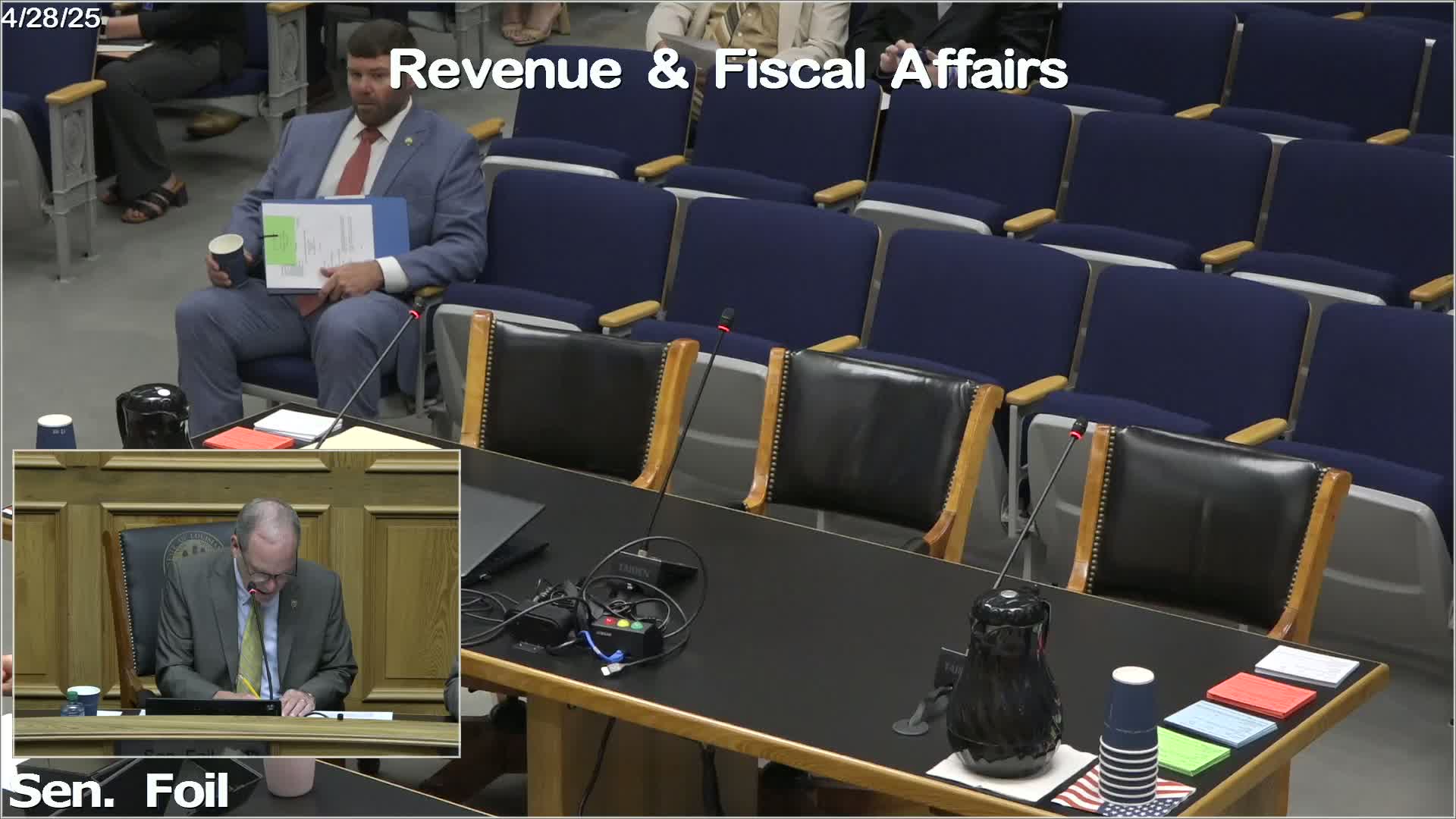Article not found
This article is no longer available. But don't worry—we've gathered other articles that discuss the same topic.
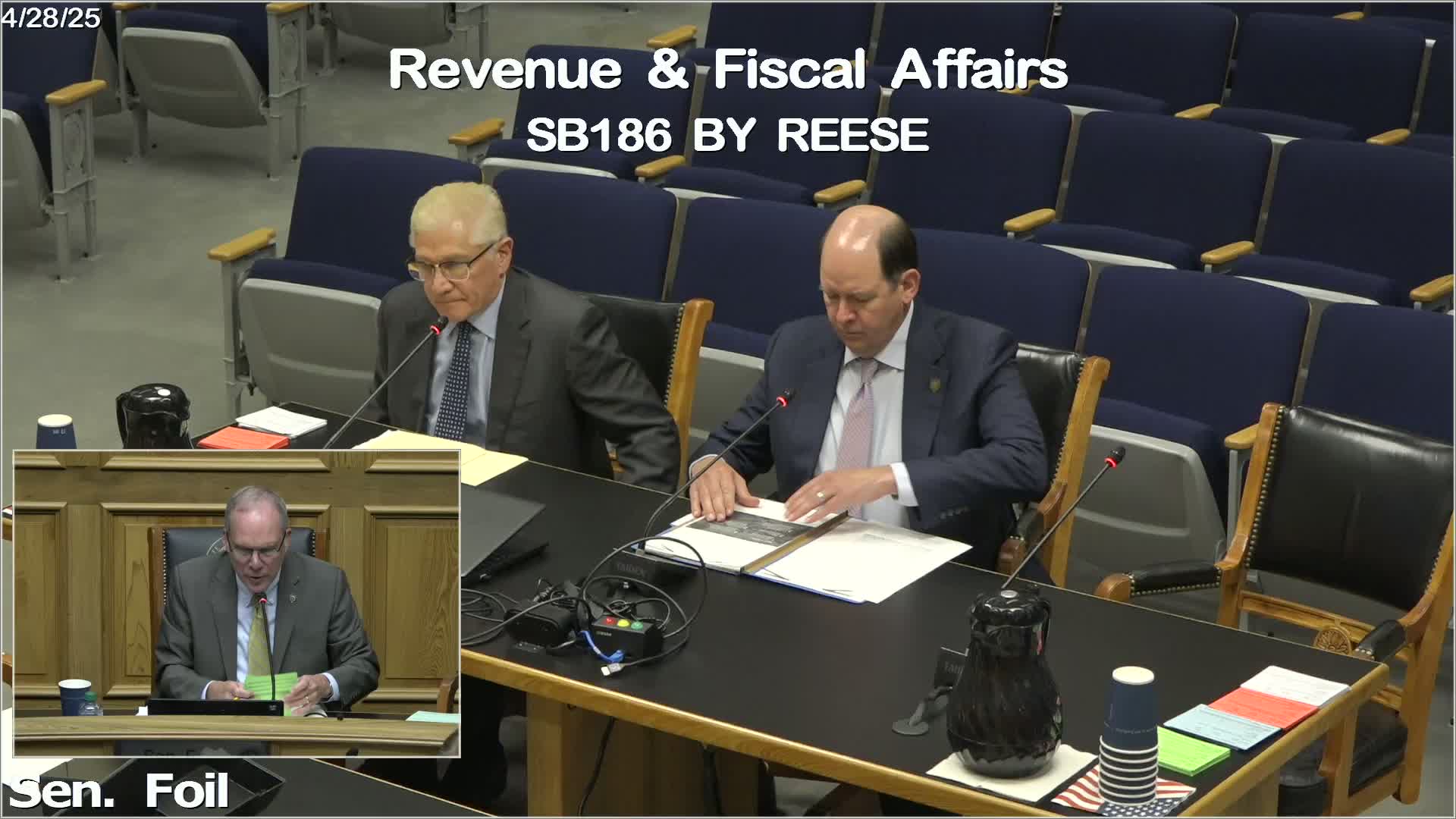
Committee renews New Markets Jobs Act tranche, approves technical amendments to spur small‑business investment
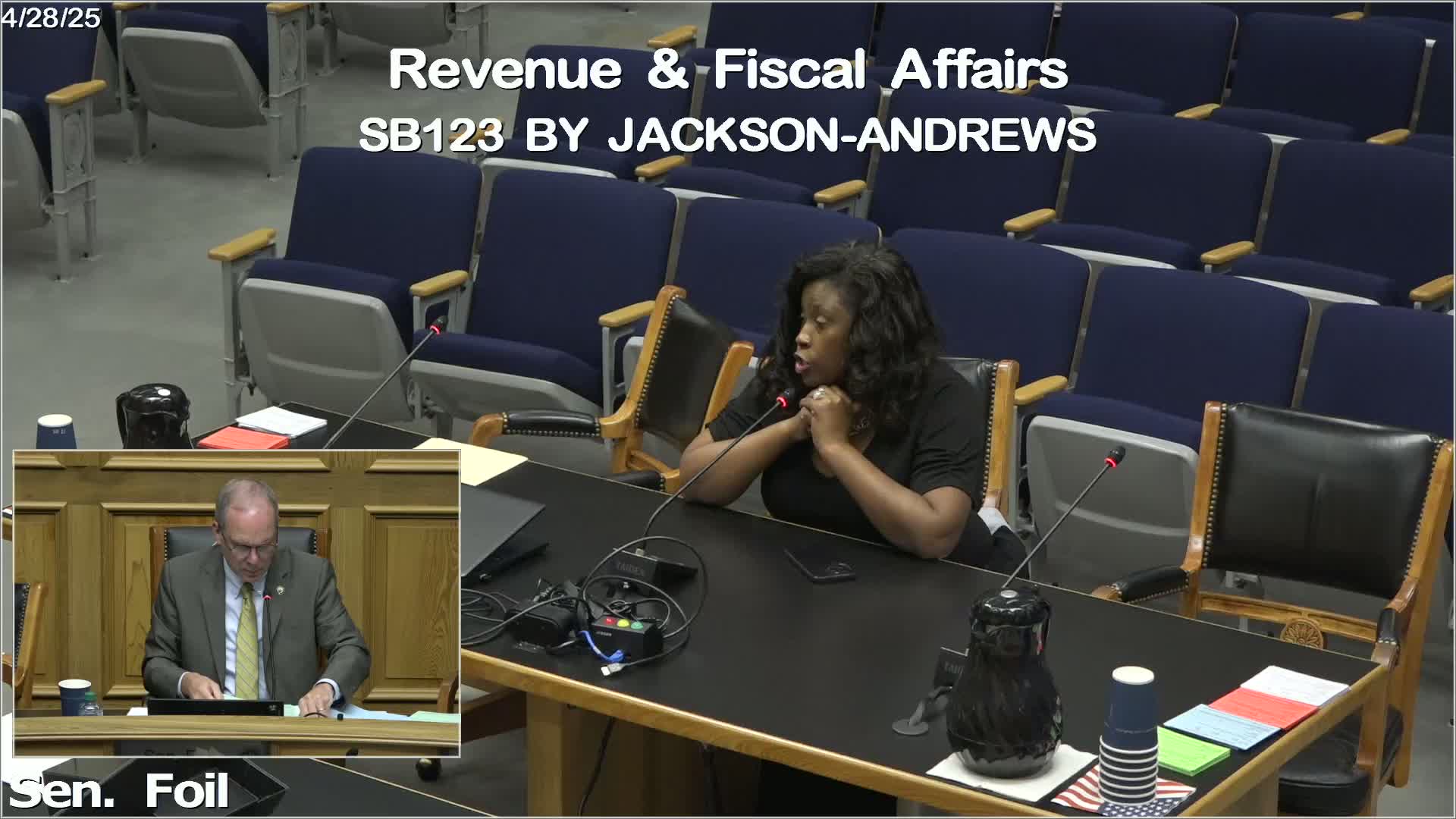
Committee advances refundable tax credit to encourage donations to public schools
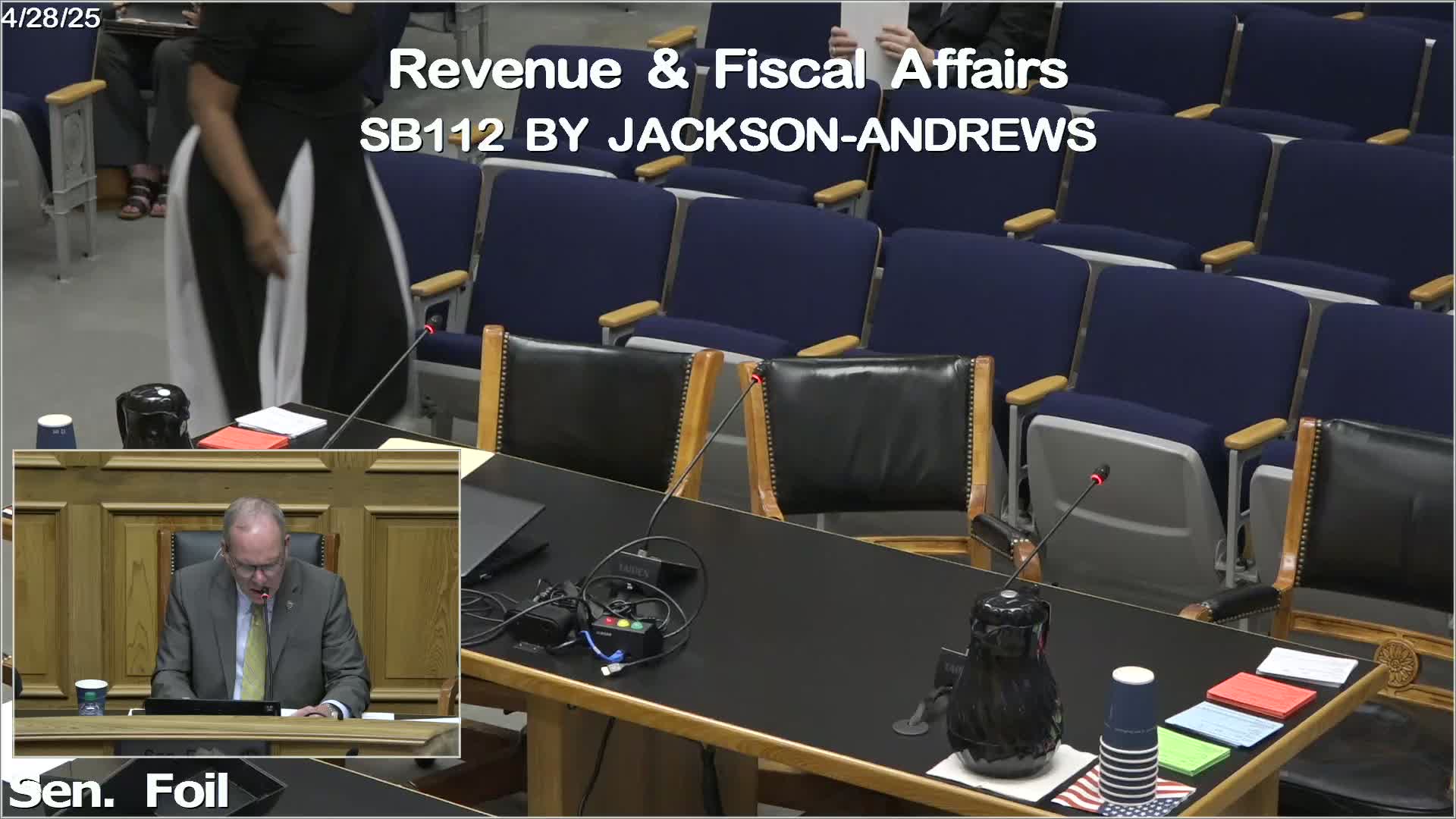
Committee delays action on restoring local vendors' compensation; stakeholders continue negotiations
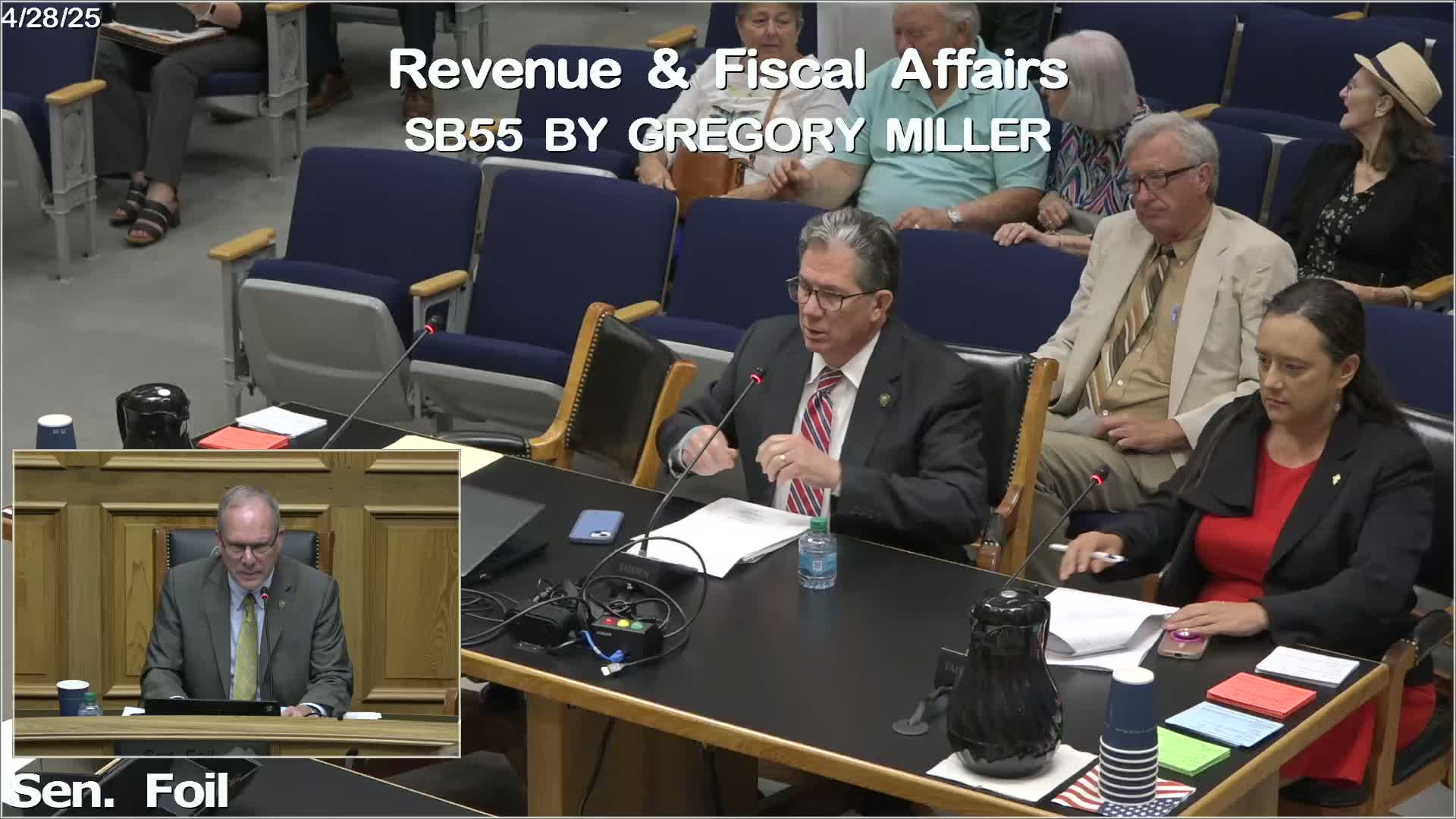
Committee clears technical changes to tax‑sale overhaul; lawmakers debate long‑term impact on local revenue
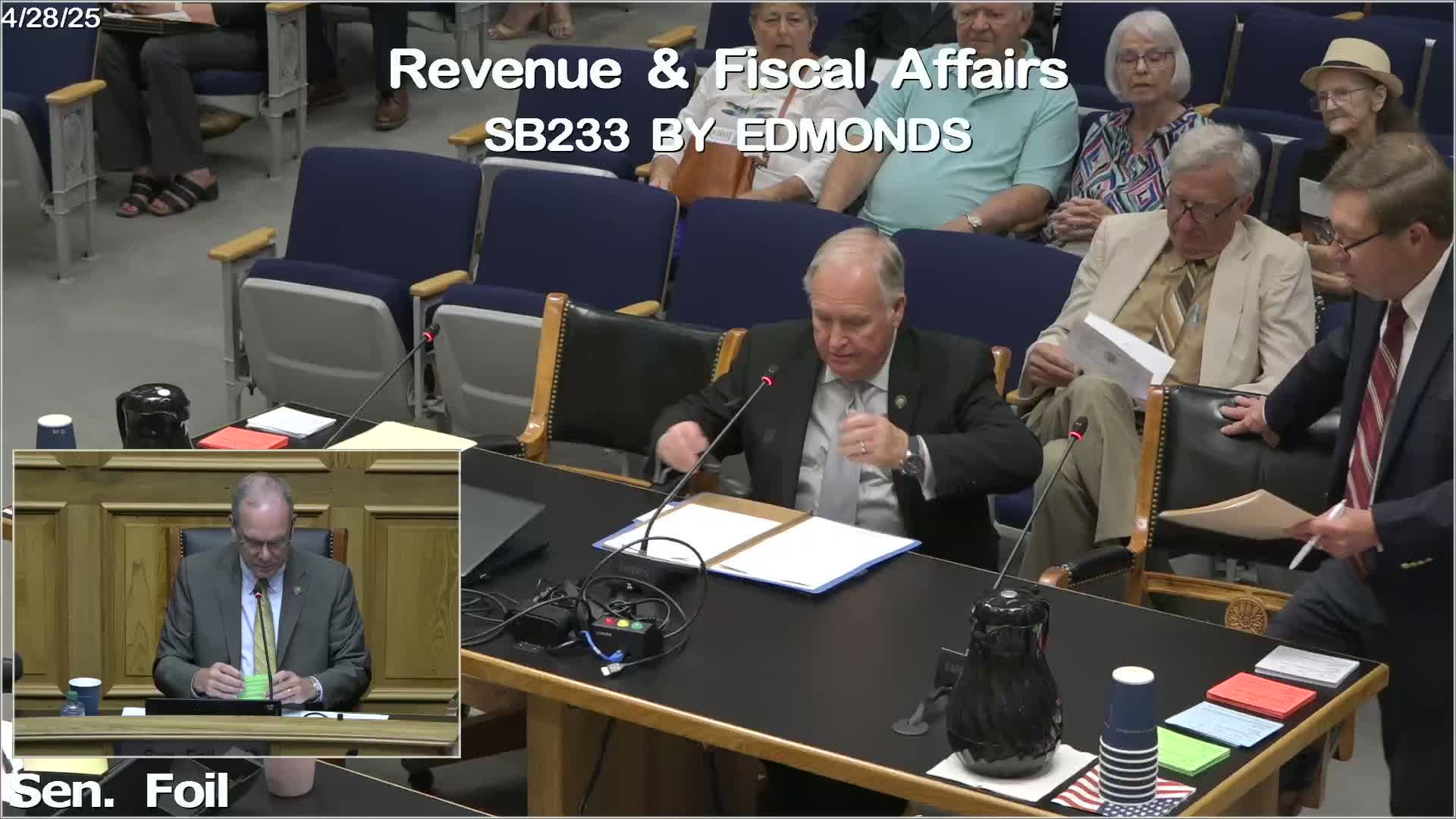
Committee amends and advances bill to expand school‑readiness tax credit for employer‑funded child care
